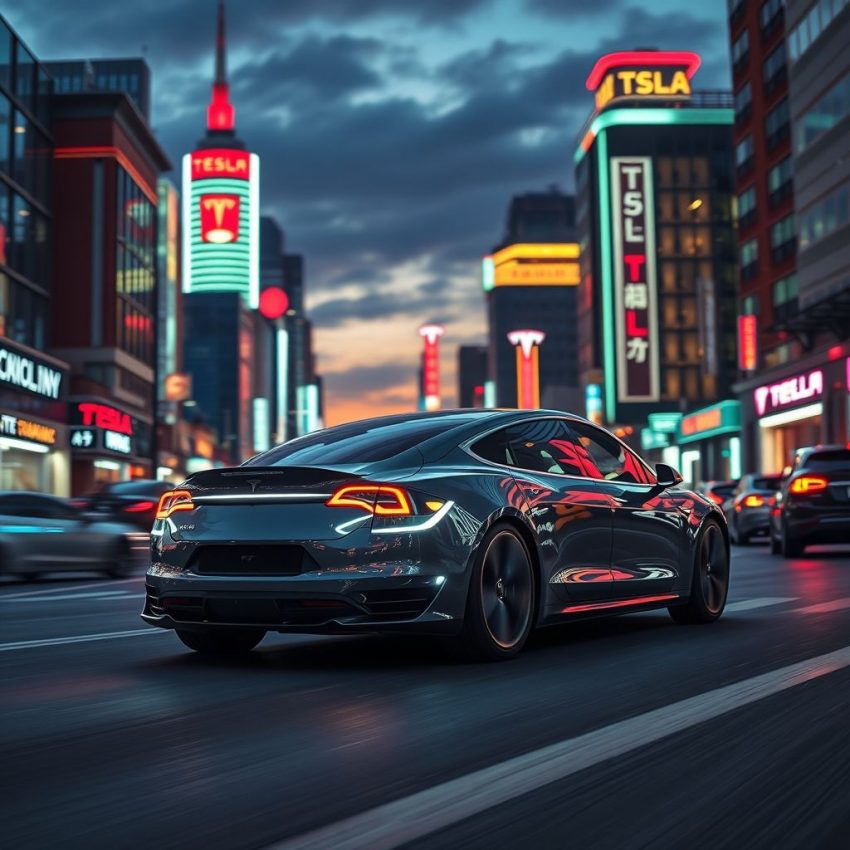Tesla Hit with $329 Million Verdict in Fatal Autopilot Crash: A Turning Point?
A Florida jury has delivered a stunning blow to Tesla, awarding $329 million to the family of a man killed in a 2019 crash involving Autopilot, the company's driver-assistance system. The verdict, while potentially setting a significant precedent, also raises complex questions about the limitations of technology, the responsibilities of manufacturers, and the future of autonomous driving.
The case centered around the death of Barrett Riley, who was killed when his Tesla Model S, operating on Autopilot, crashed into a concrete barrier. The jury found Tesla 90% responsible for the accident, citing issues with the system's design and failure to adequately warn users about its limitations. The remaining 10% of responsibility was assigned to Riley's parents, who had allegedly allowed him access to the vehicle despite knowing his penchant for speeding.
This isn't the first time Tesla has faced legal action concerning Autopilot. However, the sheer magnitude of the damages awarded – $10 million in compensatory damages and a staggering $319 million in punitive damages – underscores the jury's strong condemnation of Tesla's practices. The punitive damages aim to punish Tesla for its alleged negligence and deter similar behavior in the future.
What the Verdict Means:
The verdict could significantly impact Tesla's future. Beyond the immediate financial implications, it sets a powerful precedent for future lawsuits involving Autopilot and similar driver-assistance systems. Other manufacturers, developing and deploying comparable technologies, will undoubtedly be watching closely. The ruling could lead to:
- Increased scrutiny of driver-assistance systems: Expect more rigorous testing and stricter regulatory oversight of autonomous driving features.
- Changes in marketing and warnings: Manufacturers may be compelled to revise their marketing materials and provide more explicit warnings about the limitations of Autopilot and similar systems.
- Shifting legal landscape: This verdict could shape the legal framework surrounding liability in accidents involving autonomous vehicles, potentially leading to greater accountability for manufacturers.
The Bigger Picture:
The case highlights the complex ethical and technological challenges associated with autonomous driving. While Autopilot and similar systems offer convenience and potentially improved safety in certain situations, they are not foolproof. The line between driver-assistance and fully autonomous driving remains blurry, leading to confusion and potentially dangerous situations. The verdict serves as a stark reminder that even advanced technology has limitations and that clear responsibility must be established.
Looking Ahead:
Tesla has vowed to appeal the verdict, arguing that the evidence presented did not support the jury's findings. The appeal process could take years, and the ultimate outcome remains uncertain. Regardless of the final result, this case marks a significant milestone in the ongoing debate about autonomous driving and the responsibilities of both manufacturers and consumers. It forces us to confront the ethical and practical implications of a rapidly evolving technology and its potential impact on our lives. The conversation surrounding safety, responsibility, and the future of autonomous vehicles has only just begun.
Don’t miss out on this exclusive deal, specially curated for our readers! Get Health and Beauty products at best and discount prices at Kicklo.com.
This page includes affiliate links. If you make a qualifying purchase through these links, I may earn a commission at no extra cost to you. For more details, please refer to the disclaimer page. disclaimer page.

